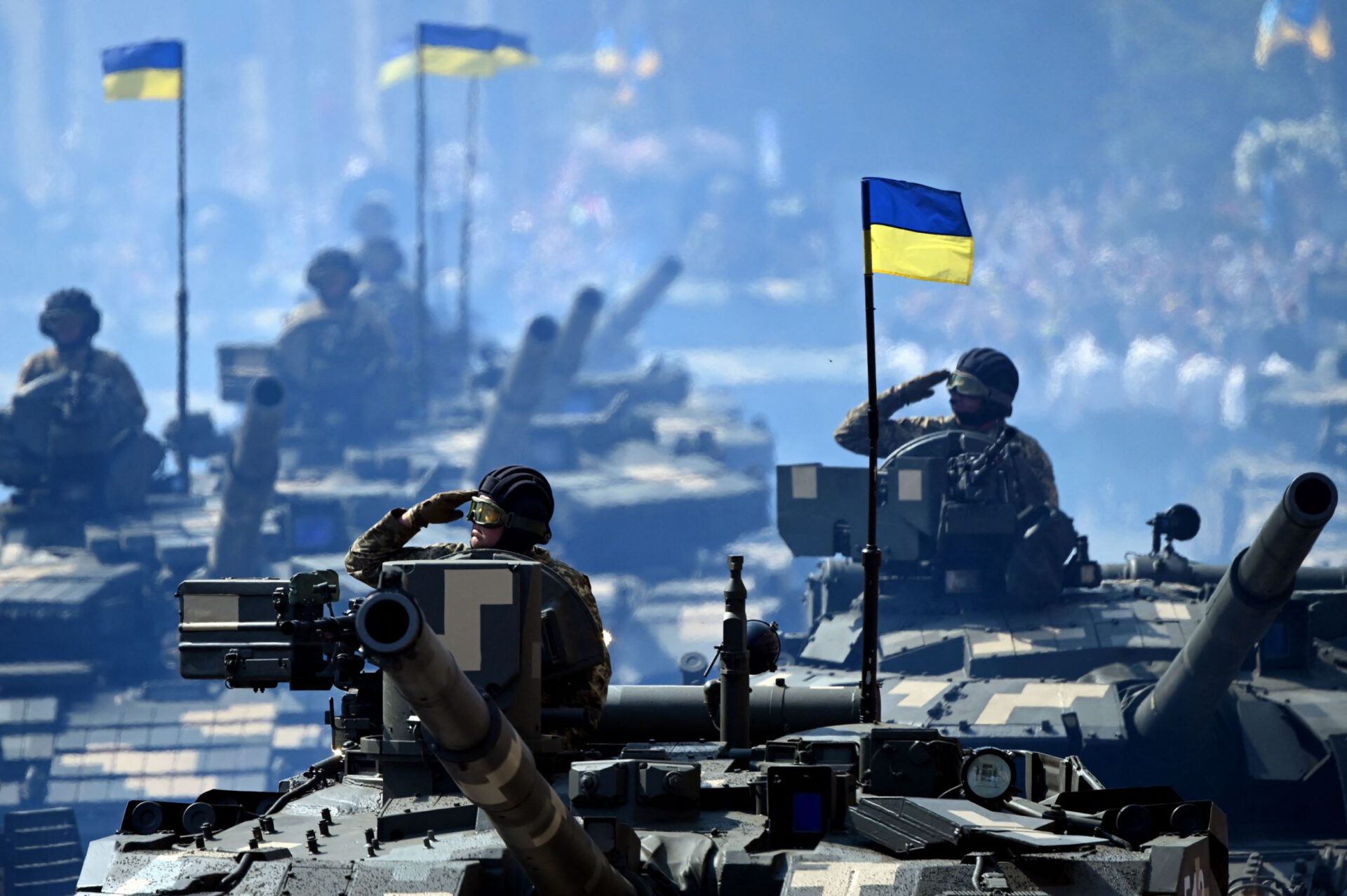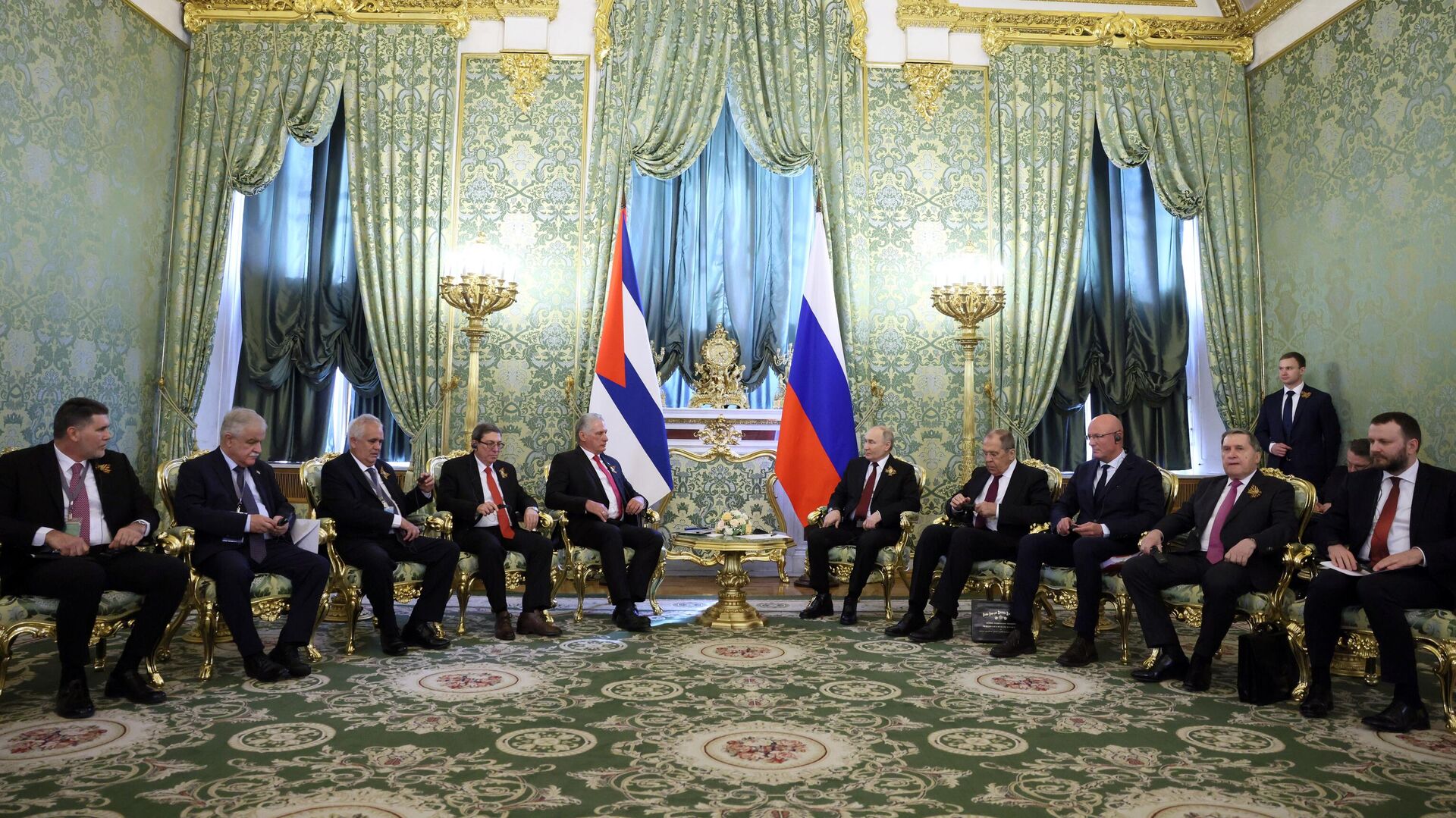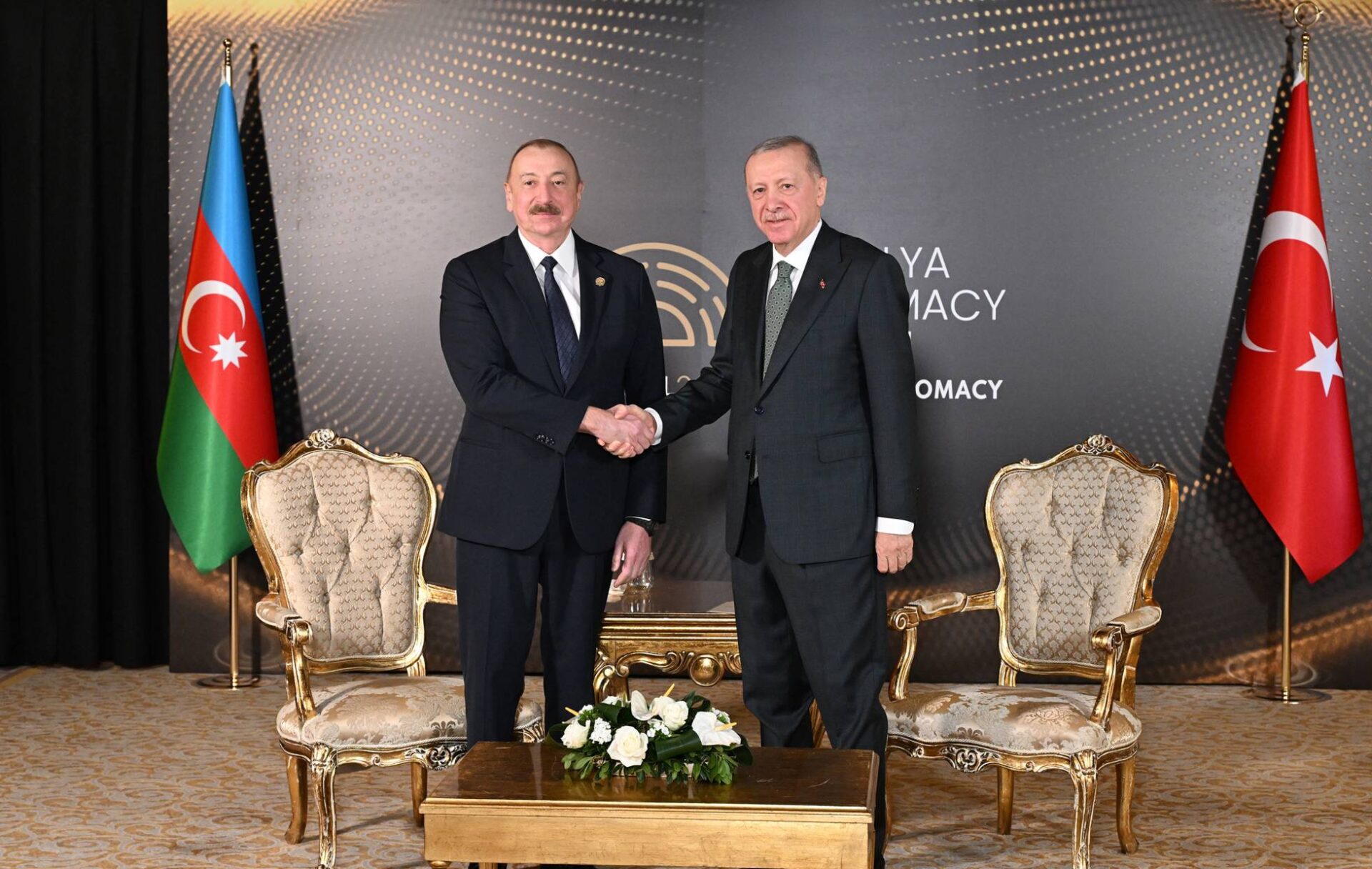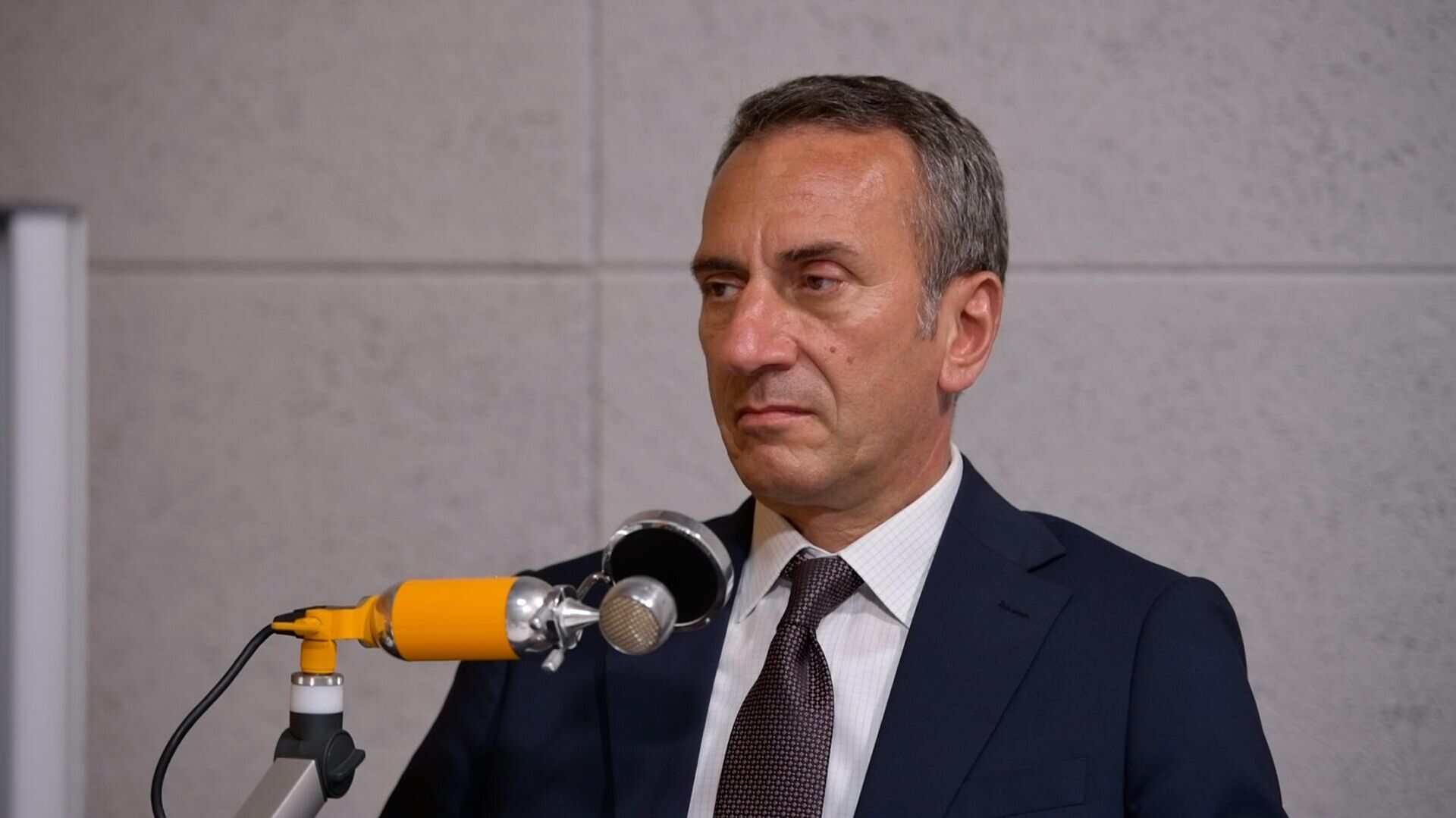
Official Western Views Diverge With Ukrainian Views on War Outcomes (Part Two)
Official Western Views Diverge With Ukrainian Views on War Outcomes (Part Two)
*Read Part One.
Western governments have yet to define what would constitute Ukraine‘s victory—and, ipso facto, the West‘s victory—in reversing the results of Russia’s two invasions of Ukraine. Some of the most influential Western leaders are hinting that their military assistance to Ukraine is geared to a stalemate in the field involving de facto cessions of Ukrainian territories. The same leaders explicitly rule out Ukrainian membership in the North Atlantic Treaty Organization (NATO), contemplating instead some lower-grade security arrangements for a reduced Ukraine after the war (see EDM, February 21, March 2).
Ukrainian citizens, in contrast, display high levels of resolve to fight and win the war, victory being defined as regaining the Russian-occupied territories within Ukraine’s internationally recognized borders. According to the recent Rating Group poll, 95 percent of respondents are confident in Ukraine’s victory by that definition (Ratinggroup.ua, February 21, accessed February 28).
The Democratic Initiatives Foundation (DIF) and Razumkov Center survey shows 91 percent of the representative sample expressing varying degrees of confidence in victory. Within this aggregate figure, 54 percent define victory as “evicting Russian troops from the entire territory of Ukraine and restoring Ukraine’s borders as of January 2014.” Another 22 percent, deeming this to be unstoppable, add “the complete destruction of the Russian army [in Ukraine, and consequently] the disintegration of the Russian Federation from within” as their definition of attainable victory. Another 15 percent are prepared to cede certain portions of the Russian-occupied territories in exchange for the cessation of hostilities and consider this a victory. In the latter category, 8 percent would be prepared to cede Crimea only, while 6 percent would cede the part of Donbas that Russia had occupied in 2014 if these concessions would end the war. Only 3 percent would cede all Russian-occupied territories [i.e., including the bulk of the Zaporizhzhia and Kherson provinces] in exchange for the cessation of hostilities (this phrasing apparently implies an armistice without a treaty) (Dif.org,ua, January 5, accessed February 28).
Inquiring about what would constitute acceptable armistice terms for the citizens of Ukraine is another way of posing the question of war aims. The Munich Security Index 2023 (presented at the recently held Munich Security Conference) found that 85 percent of respondents would view a ceasefire as “unacceptable” if Russian forces merely withdrew to the pre–February 24, 2022 demarcation lines [i.e., Russia would keep Crimea and part of Donbas]. Similarly, 80 percent would deem a ceasefire “unacceptable” if Russia were to withdraw its forces from all mainland Ukrainian territories but retain the Crimean peninsula. Conversely, 93 percent would regard a ceasefire as “acceptable” if Russia removes its forces from all of Ukraine including Crimea (Securityconference.org, February 17, accessed February 19).
On the question of the “price worth paying for peace,” 26 percent of the DIF-Razumkov Center’s respondents are prepared to make some concessions to Russia “if this helps achieve peace and consider this a victory.” Specifically, 23 percent of the sample believe that it is worth negotiating for peace with Russia for the sake of saving the lives of Ukrainian soldiers and civilians. However, 62 percent deem unilateral concessions unnecessary in the belief that the war could end only with Ukraine’s victory. And 60 percent of respondents feel that negotiations would be worthless because Russia does not keep agreements while another 17 percent are undecided on the matter.
In the National Democratic Institute (NDI) and Kyiv International Institute of Sociology (KIIS) survey, support for armistice negotiations with Russia was down to 29 percent as of January 2023, compared with 59 percent in May 2022 and 44 percent in August 2022, as recorded by those NDI-KIIS surveys. This dynamic certainly reflects optimism in an attainable victory (see above) and almost certainly expresses the expectations from Ukraine’s Western partners to adequately support Ukrainian counteroffensives this spring and summer (Kiis.com.ua, February 22, accessed February 28).
Anticipation for Ukrainian victory and its timeframe also seem to be inspired by optimism. In the DIF-Razumkov Center poll, 93 percent of respondents believe in victory. Regarding the timeframe, 59 percent anticipate victory “before the summer of 2023” or “in the coming months”; and another 22 percent expect it “in one or two years” (the remainder gave different answers).
The respondents display almost total trust in the Ukrainian army and President Volodymyr Zelenskyy (who is the titular commander-in-chief of the armed forces). In the Rating Group poll, 97 percent trust the army and 90 percent trust the president. The NDI-KIIS poll found the level of trust in the army at 96 percent (including 69 percent for “full trust” and 27 percent for “trust”); trust in Zelenskyy at 95 percent (49 percent for “full trust” and 46 percent for “trust“); and trust in the National Security and Defense Council (which operates under the president’s direction) at 70 percent (18 percent for “full trust” and 52 percent for “trust”).
Along with this optimism, these representative samples reflect high levels of national resolve and resilience in Ukrainian society. The Munich Security Index 2023 asked “whether Ukraine should keep fighting or surrender” in four hypothetical situations: (a) if Russia continues bombing Ukrainian civilian targets with conventional munitions; (b) if Russia launches a tactical nuclear weapon from the Black Sea; (c) if Russia uses a tactical nuclear weapon on the battlefield in Ukraine; and (d) if Russia uses a tactical nuclear weapon against a Ukrainian city. The answers were “keep fighting” in each case: to wit, 95 percent in scenario (a), 91 percent in scenario (b) and 89 percent in scenarios (c) and (d).
Cumulatively, these recent polls show that Ukraine would not willingly settle for a stalemate, let alone one fraught with territorial concessions to Russia. The polls document overwhelming public support for President Zelenskyy’s position on what is nonnegotiable in general and nonnegotiable with Russia in particular. Meanwhile, Ukrainians continue to believe in Western support for their victory in this war, to be followed by security guarantees linked in some form with NATO. Should, however, Western military assistance remain at the level necessary for a ceasefire-in-place, and NATO powers withhold postwar security guarantees, it would result in Russia’s victory over Ukraine and the West as well as a severe reputational loss for the latter.


